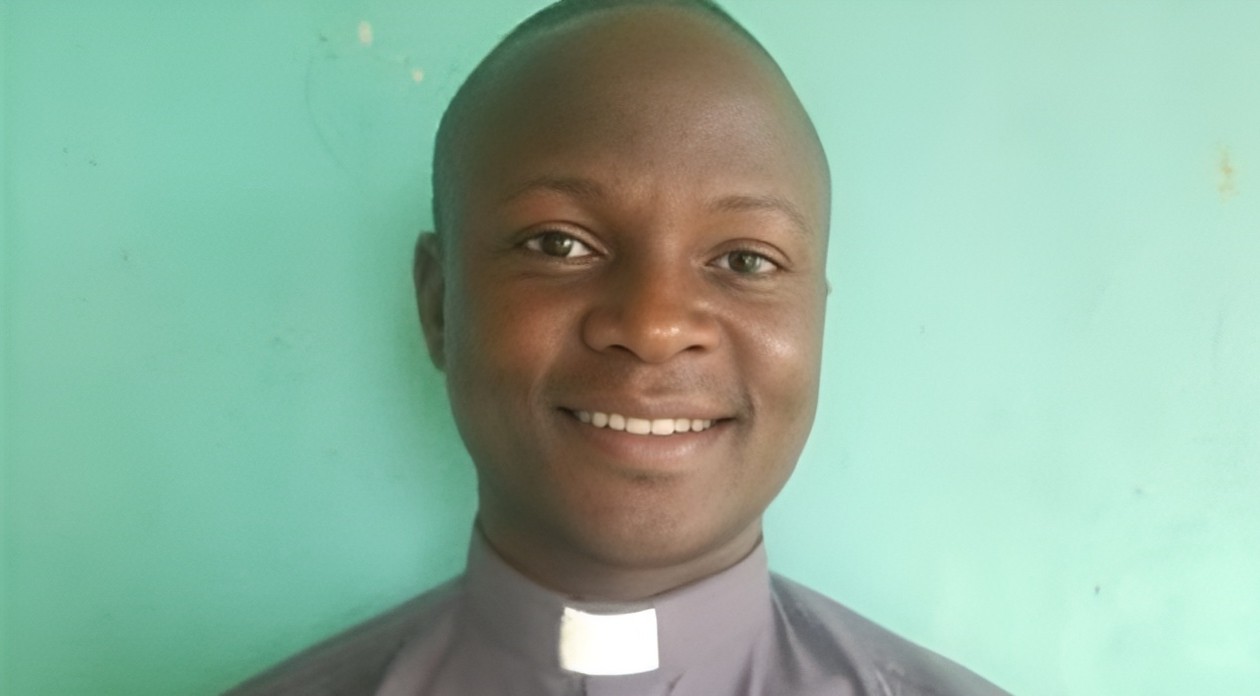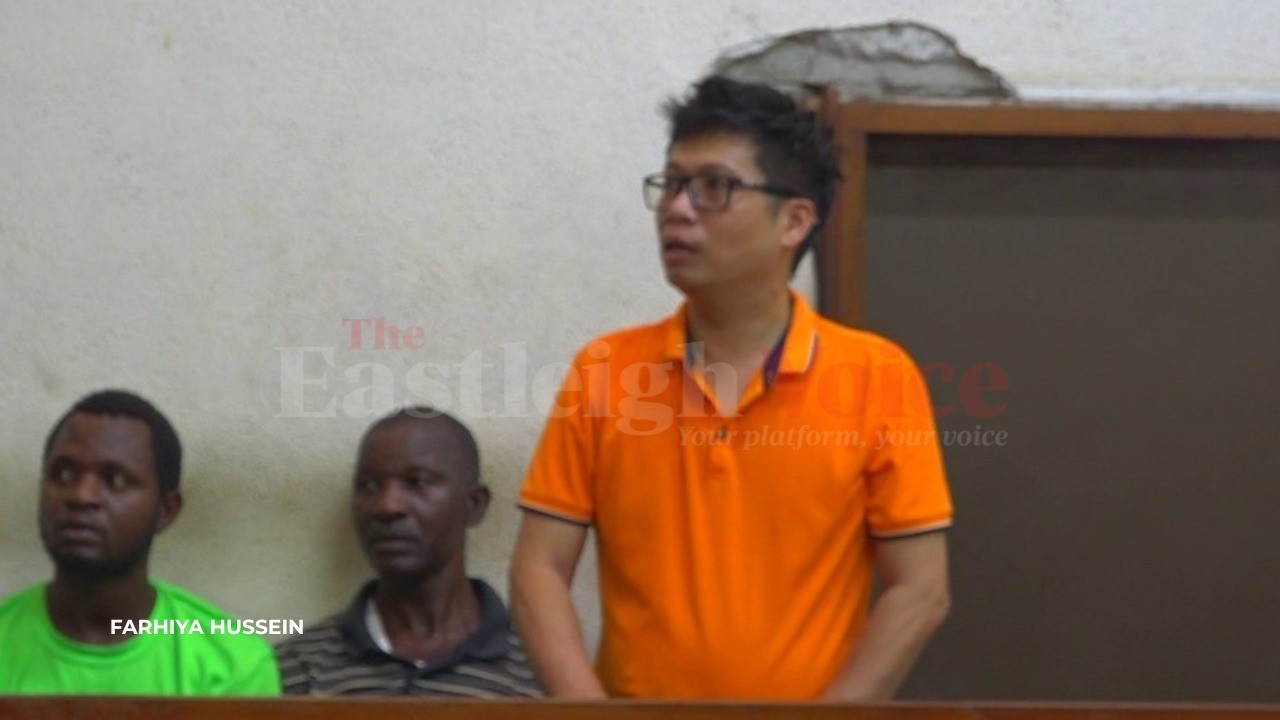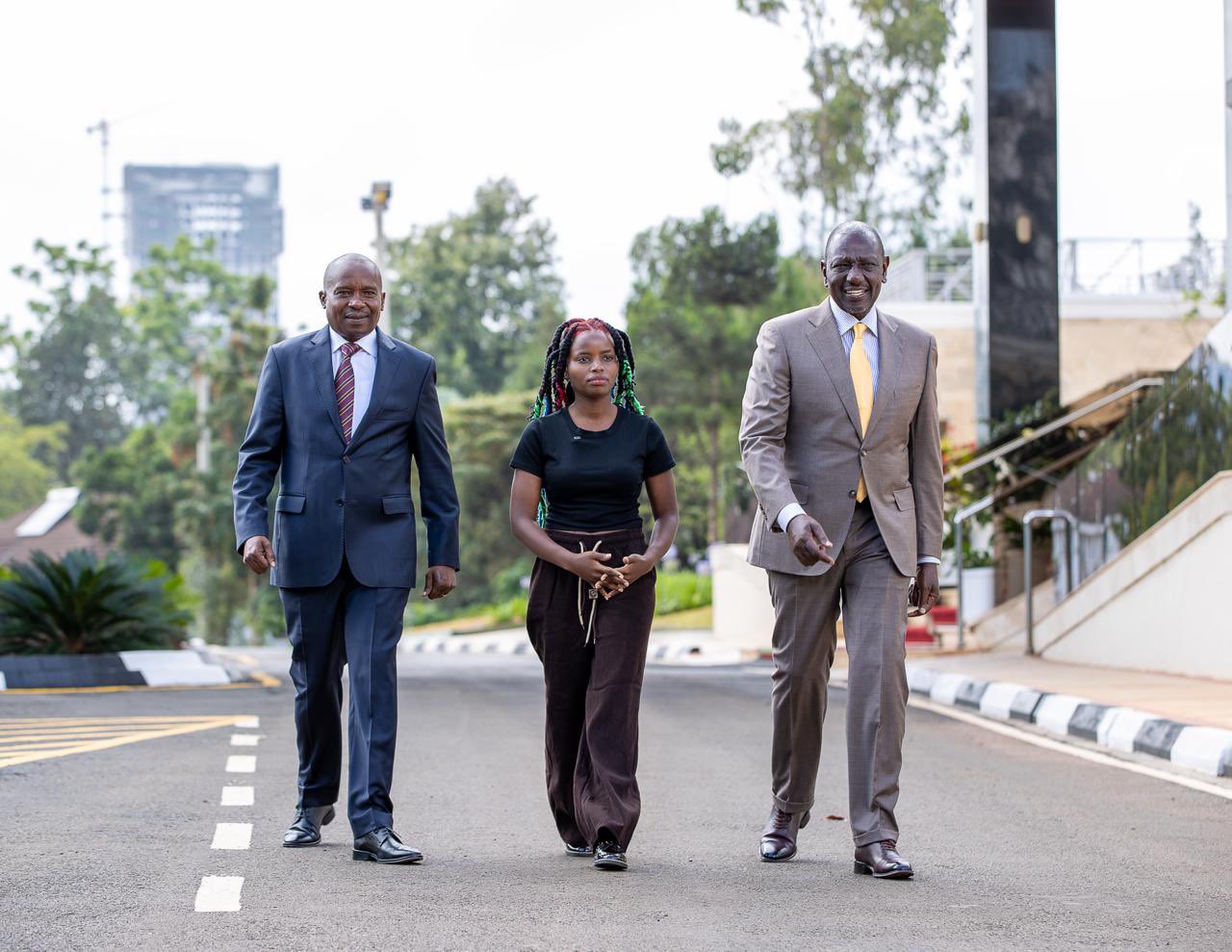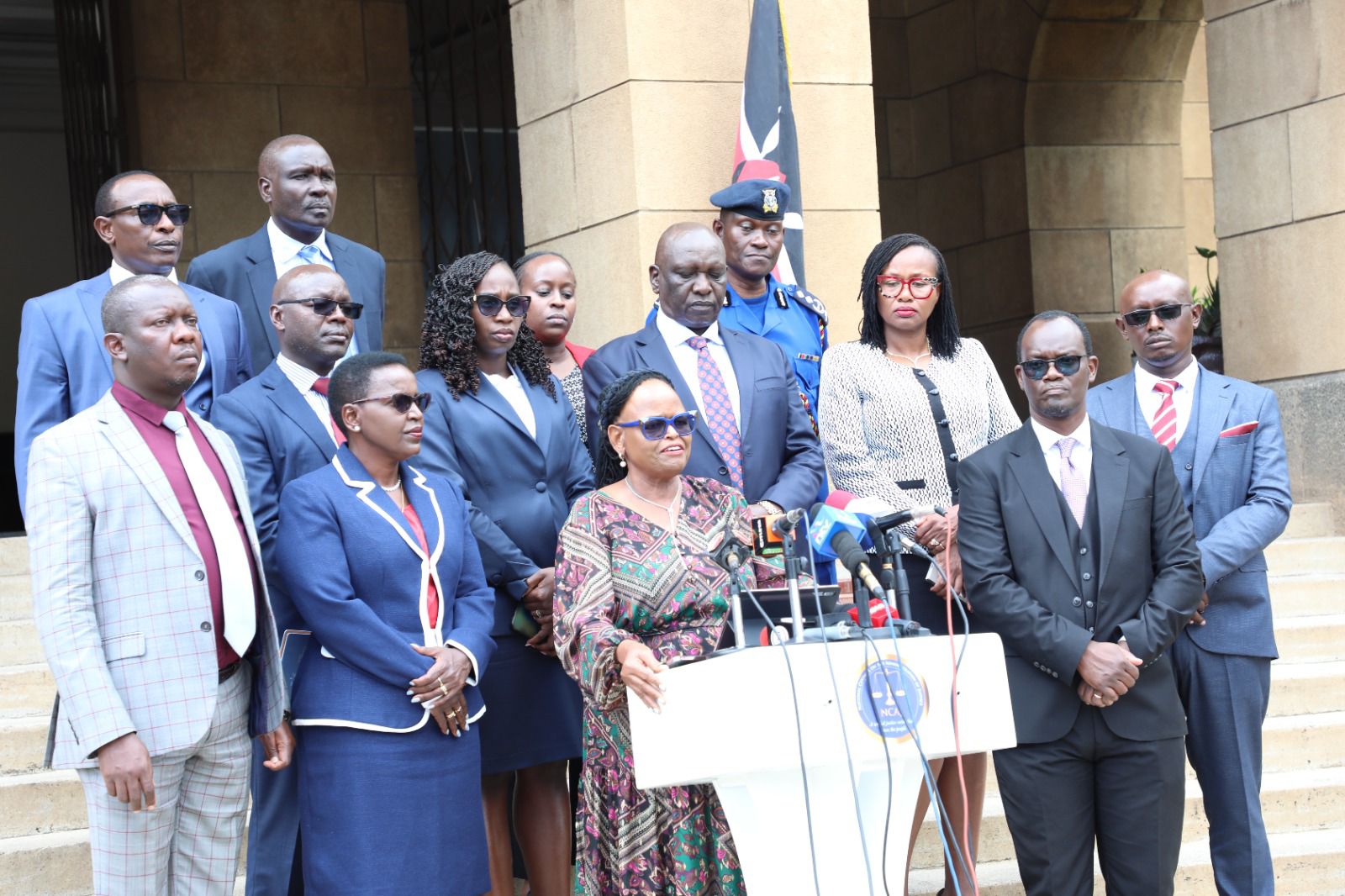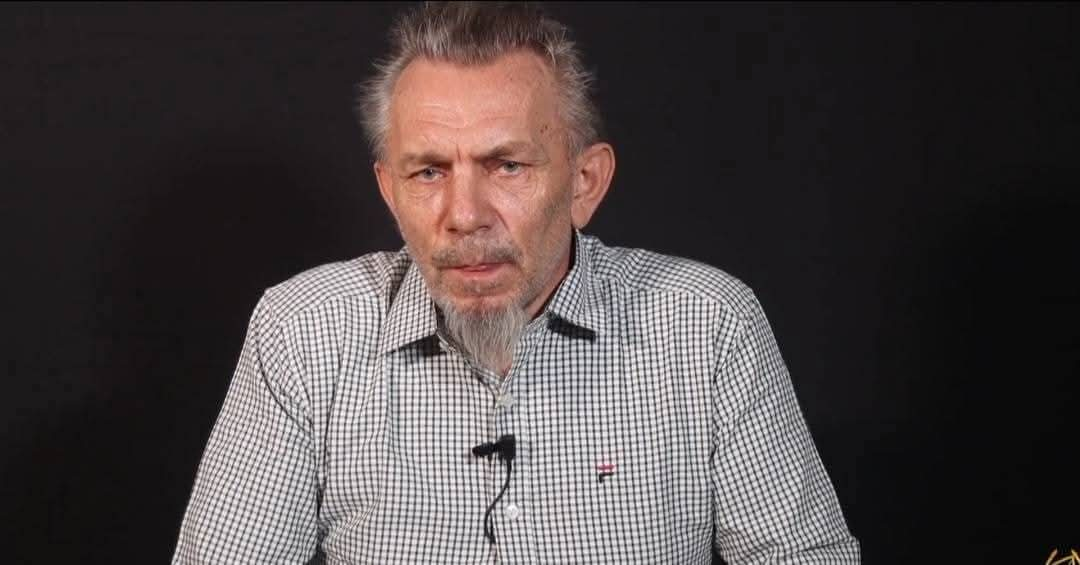Ruto's government under scrutiny over rising number of task forces and their effectiveness
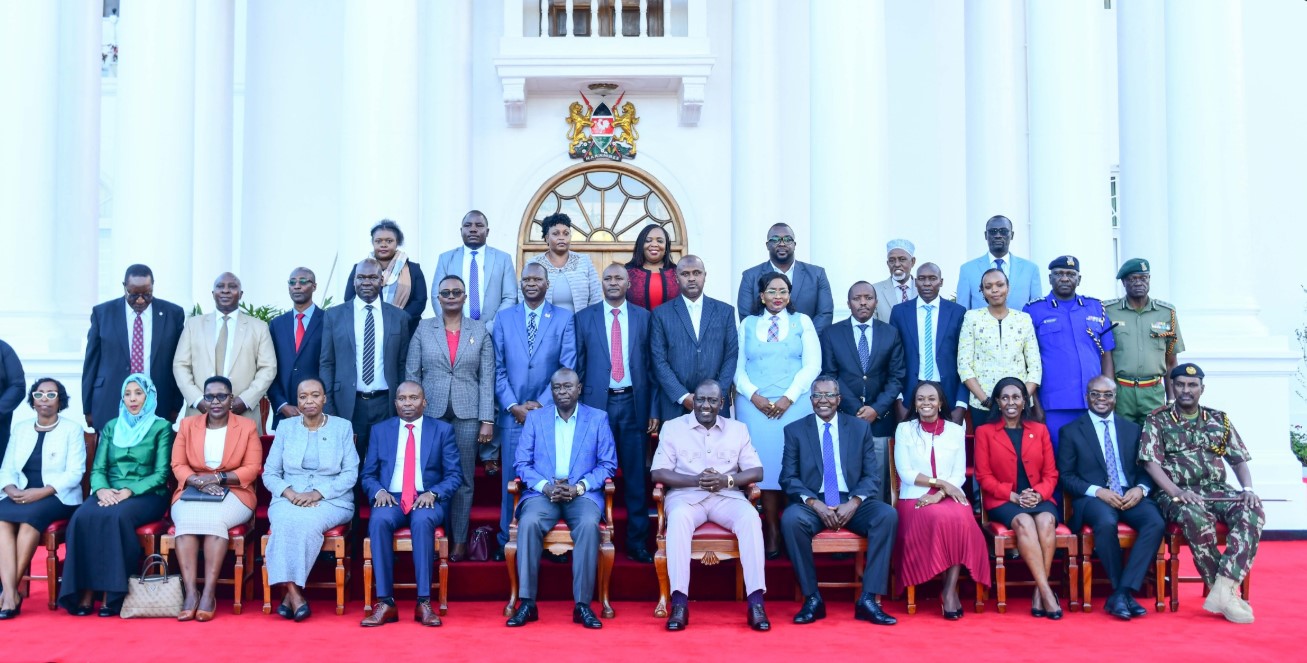
A task force will typically require a secretariat to handle administrative tasks, which can include salaries for secretariat staff, office supplies and other operational costs.
President William Ruto and his administration have several ways of handling crises and public pressure. Apart from promises that mostly go unfulfilled, the President’s and his government’s love for task forces is notable.
Up to eight task forces gobbling millions of taxpayers’ money have been formed under Ruto’s watch.
More To Read
- Contractors, suppliers on the brink as pending bills mount to Sh177 billion
- County heads on notice as EACC cracks down on end-of-year fraud
- Treasury taskforce recommends bond-funded trust to clear Sh421 billion pending bills
- Blow for suppliers as Treasury declares Sh270 billion pending bills invalid
The latest entrant into the list is Health Cabinet Secretary Aden Duale’s task force, comprising 12 members and three joint secretaries, to investigate organ illegal transplant claims at Mediheal Hospital in Eldoret.
The Eastleigh Voice dug into Ruto’s administration’s many task forces, their relevance and standing in the law.
Most task forces that have completed their work have their reports gathering dust in shelves, while others have been declared unconstitutional by courts or expert analysts.
Zerot Consultants Executive Director Bernard Muchere termed the tendency of forming a task force to handle government crises as wrong and, in most instances, unwarranted.
Legitimise illegal bills
The former internal auditor at the National Treasury singled out the pending bills task forces by Treasury Cabinet Secretary John Mbadi and his Health counterpart as wastefulness and a ploy to legitimise illegal bills.
“Before the government issues a tender or task to any firm, there are committees established to ensure that there are sufficient funds for the execution of the works. Moreover, the details of any tender done are easily accessible in the reports of inspection and acceptance committees,” said Muchere.
In his view, the state officials are using the task forces to steal public funds, delay service delivery to Kenyans and to perform tasks that squarely lie with the office of the Auditor General.
In the three weeks Duale has been at Afya House, he has come up with two task forces to perform tasks that can easily be executed by the Office of the Auditor General and the Directorate of Criminal Investigations.
For instance, the work of the Independent Investigative Committee on Tissue and Organ Transplant Services which will serve for three months, conducting independent investigations into non-compliant practices in health facilities, can be done by the DCI and other investigative agencies to save taxpayers millions of shillings.
According to Duale, the recommendations are expected to address gaps, systemic weaknesses, professional or criminal misconduct, and any other issues uncovered during the inquiry.
“In the execution of its mandate, the committee shall regulate its procedures with respect to the orderly conduct of its proceedings, quorum for the transaction of business and other related matters,” reads the notice.
Pending NHIF claims
Duale’s other task force is to verify pending medical claims submitted to the defunct National Health Insurance Fund (NHIF) within 90 days. The NHIF was disbanded as part of President William Ruto’s radical measures aimed at ensuring universal health coverage and was replaced by the Social Health Authority (SHA).
In January, Ruto announced the formation of a Technical Working Group to combat the rising cases of gender-based violence (GBV) and femicides in the country.
The group, which comprises professionals from diverse sectors, has also been tasked with identifying trends and hotspots for GBV, evaluating the adequacy of current laws, and proposing amendments to strengthen enforcement mechanisms.
Ruto, on May 5, 2023, appointed former Mbeere MP, Rev Mutava Musyimi, to lead a 15-member presidential task force on the review of the legal and regulatory framework governing religious organisations in Kenya. The cleric later admitted that its report has not been acted on since its submission.
Musyimi’s team was to identify legal, institutional, and governance challenges and gaps that have allowed or may allow for religious extremist organisations, sects, cults, and other similar outfits in Kenya to engage in practices detrimental to individual health and safety, the public interest or national values.
After a long wait, Interior CS Kipchumba Murkomen has said the Cabinet will consider the report by Musyimi’s task force before it is passed on to Parliament for consideration, thus ending the delay in the implementation of its recommendations.
Task force term extended
In February, Treasury CS Mbadi extended the term of the task force validating pending bills for six months. The extension comes after it emerged that the task force chaired by former Auditor General Edward Ouko has cleared pending Bills amounting to Sh206 billion. The pending bills approved by the review committee are for those below Sh10 million.
Recently, the High Court ruled that Ruto’s move to form a national task force to review police welfare is unconstitutional.
The court found that the president overstepped his authority by unilaterally creating a 23-member task force chaired by former Chief Justice David Maraga. As a result, any decisions or actions made by the task force are invalid.
In December 2024, Ruto’s administration established a 10-member task force to address the alarming trend of businesses exiting Kenya due to difficult regulatory conditions. This initiative aimed to review and reform regulations cited as significant barriers to business operations.
Cost of a task force
The cost of a task force in Kenya can vary widely depending on factors like its duration, size, and specific requirements. Generally, costs include allowances for members, secretariat expenses, and other operational costs.
A task force will typically require a secretariat to handle administrative tasks, which can include salaries for secretariat staff, office supplies and other operational costs.
There are also the operational costs, and these can include expenses for meetings, travel for members, data collection and any specific requirements of the task force, such as hiring consultants or conducting studies.
According to an August 17, 2023 communication by SRC Chairperson Lyn Mengich to all government offices obtained by The Eastleigh Voice, payment of Taskforce allowance to members of an internal institution task force, in addition to the basic salary, amounts to double compensation, as internal institution task forces are constituted to execute the mandate of the institution.
“Consequently, SRC advises that the allowance ceases to be payable to members of the internal institutional task force. For all other task forces, accounting officers shall seek the review and advice by SRC on the public officers shall not be paid for more than one task force for the same period of time,” wrote Mengich.
She also demanded that a task force allowance shall be payable to public officers for a maximum period of 15 days in a month. The number of paid days in a task force takes cognisance of compensation paid to other public officers in their regular jobs during the period of the task force.
In her instruction, where public officers are involved in a task force on a full-time basis for more than one month, they shall be required to opt for either the task force allowance or the monthly salary for the substantive post; and accounting officers shall approve payment of task force allowance upon the successful completion of the task, as per rates advised by SRC.
Top Stories Today



